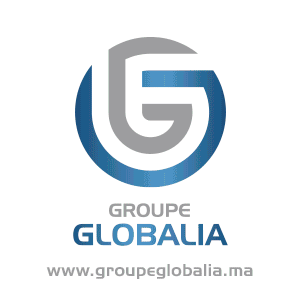- Fix Your Budget By Going Old School
- Half of Brits skip Christmas budgeting
- Creating budgets that work for everyone in society will accelerate gender equality in Indonesia
- Buyers Urged To Be Braver & Bolder With Bigger Budgets
- We’re a family of 4 who just blew through our budgeted $325k – here’s our 2025 spending plan
Oil prices next year are expected to exceed the threshold needed to balance the budgets of most Gulf Arab countries, according to a recent report by Fitch, which also forecasts a fall in crude oil prices due to moderate demand growth and large global supply.
Bạn đang xem: The price of oil in 2025 will be enough to balance the budgets of most Gulf countries
In its report, the agency cut its forecast for the average oil price in 2025 to $70 a barrel, down from a previous estimate of $80. However, it noted that financial reforms and high capital spending have strengthened the ability of Gulf countries to cope with low oil prices.
Xem thêm : sustainable budgeting tips to stretch your money in 2025 – The Mail & Guardian
On the other hand, the increase in oil production is expected to reduce the breakeven price of crude oil in the countries of the region. All countries except Saudi Arabia and Bahrain will record budget surpluses, according to the report.
This reflects the continued recovery of the non-oil sector, supported by financial reforms in the Gulf states, such as the introduction of taxation, reform of support systems and rationalisation of spending.
In its latest report on the region, published last October, the International Monetary Fund projected the break-even oil price for next year to reach $90.9 per barrel in Saudi Arabia, $50 in the UAE, $124.9 in Bahrain, $81.8 in Kuwait, $57.3 in Oman and $44.7 in Qatar.
Xem thêm : Yes, video game budgets are skyrocketing, but the reason goes beyond graphics
OPEC+ countries postponed for three months a gradual increase in their oil production, scheduled to begin next January, as part of a move to ensure stability in the global oil market. This week, Brent futures contracts for February delivery are trading around $72 a barrel.
The report also notes that the expected increase in oil production will support gross domestic product (GDP) growth in the Gulf countries next year. This increase will be driven by progress in the non-oil sector, helped in large part by government efforts to diversify the economy and optimise the budgets of the entities associated with them.

In this regard, with respect to non-oil industries, the report expects tourism revenues to remain unaffected by the current conflicts and crises in the region.
Paul Gamble, head of Sovereign Ratings for the Middle East and North Africa, noted in the report that the non-oil sector will continue its strong growth next year, driven by public and private investments benefiting from reforms in the corporate sector and labour markets.
Nguồn: https://joblot.lol
Danh mục: News

